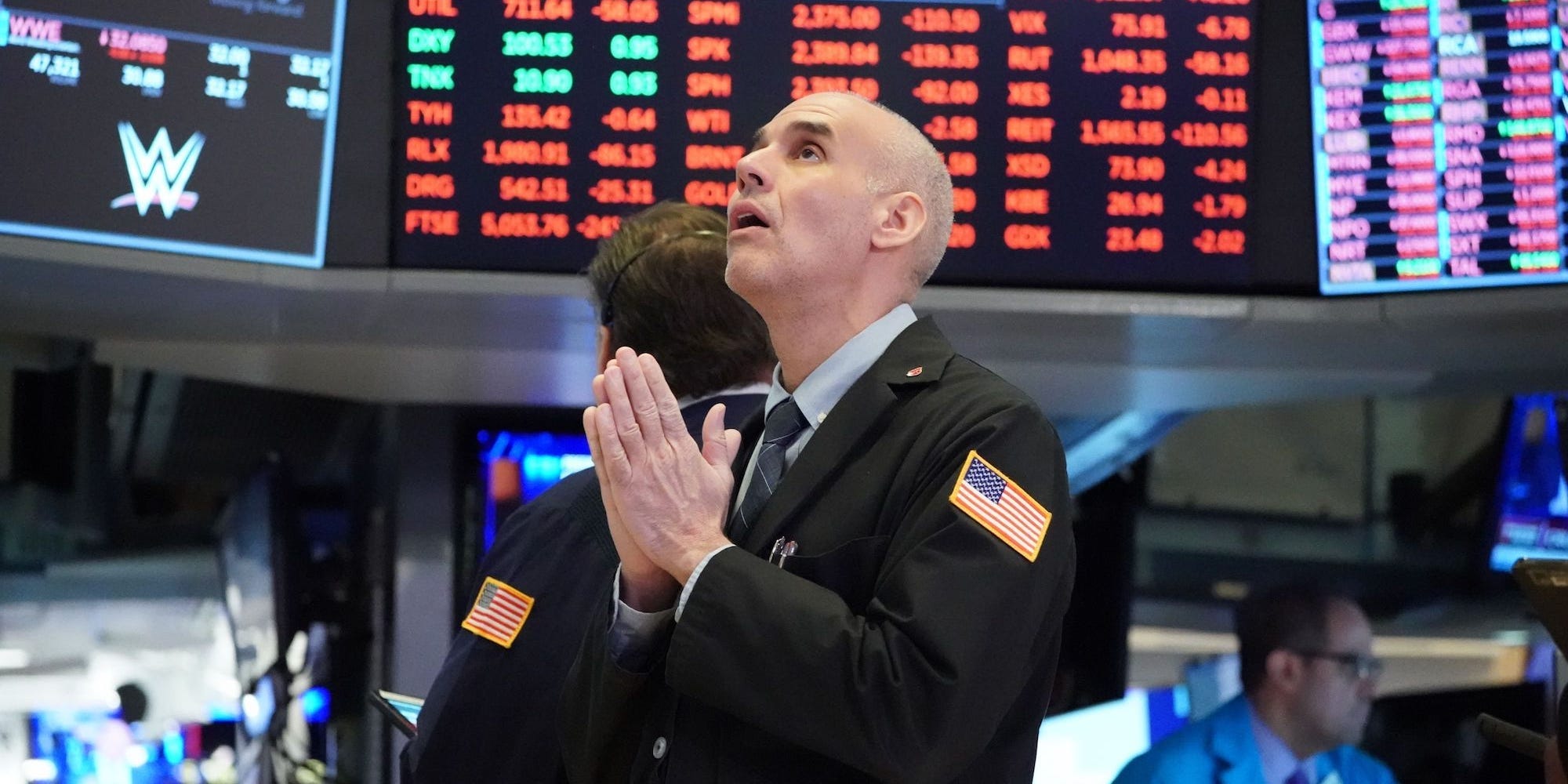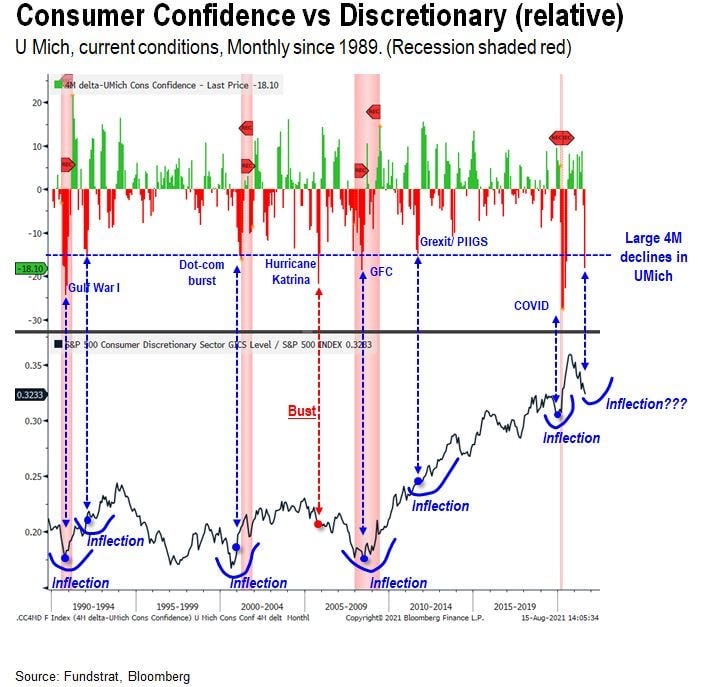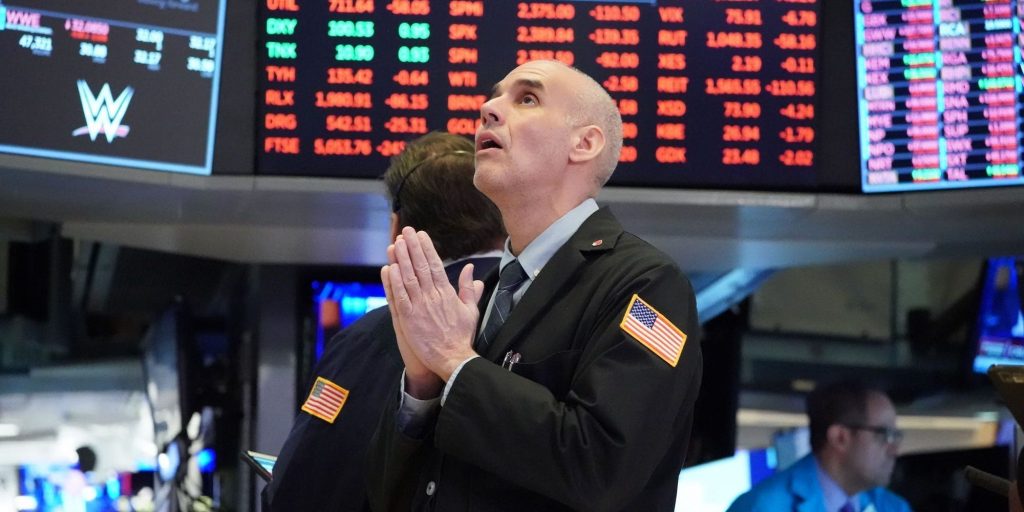
- Last week's collapse in consumer confidence represents a buy signal, according to Fundstrat's Tom Lee.
- Lee believes the third-largest single-month decline in the index was panic-induced amid the surge in the delta variant of COVID-19.
- It has historically paid to buy consumer stocks following such a sharp decline in the index, according to the note.
- Sign up here for our daily newsletter, 10 Things Before the Opening Bell.
The surprise drop in consumer confidence was panic-induced and represents a buy signal for consumer stocks, Fundstrat's Tom Lee said in a Monday note.
The University of Michigan's consumer sentiment index registered its third largest single month decline last week, with the index currently sitting at lower levels than at the start of the pandemic. The index saw preliminary August sentiment fall to 70.2, compared to a July reading of 81.2 and expectations of 81.3.
The decline is puzzling given that differences between now and March 2020 include a successful COVID-19 vaccine and an increasingly vaccinated population, according to Lee. "To me, this does not make sense," Lee said.
A potential explanation for the consumer confidence drop could be the surge in headlines over the summer about the increasing spread of the Delta variant of COVID-19, according to lee, who pointed to a parabolic surge in Google search trends. "To me, this is a sign of panic," Lee said.
But history suggests investors should treat the consumer confidence decline as a counter-trade in consumer stocks, according to the note. Lee highlights that of the seven largest declines in consumer confidence on record, six of them were turning points for consumer stocks to trade higher.
According to Lee, the 12-month forward returns for consumer discretionary stocks were more than 21% following such a sharp decline in consumer sentiment, with a win ratio of at least 87%. "In short, a collapse in consumer confidence = buy signal for consumer stocks = supports 'everything rallies' into year-end," Lee said.
Forward 12-month returns were also strong for the broader market, with the S&P 500 jumping at least 11% following a sharp consumer sentiment decline, with a win ratio of at least 81%.
"We know that one always needs to buy panic," Lee concluded.

